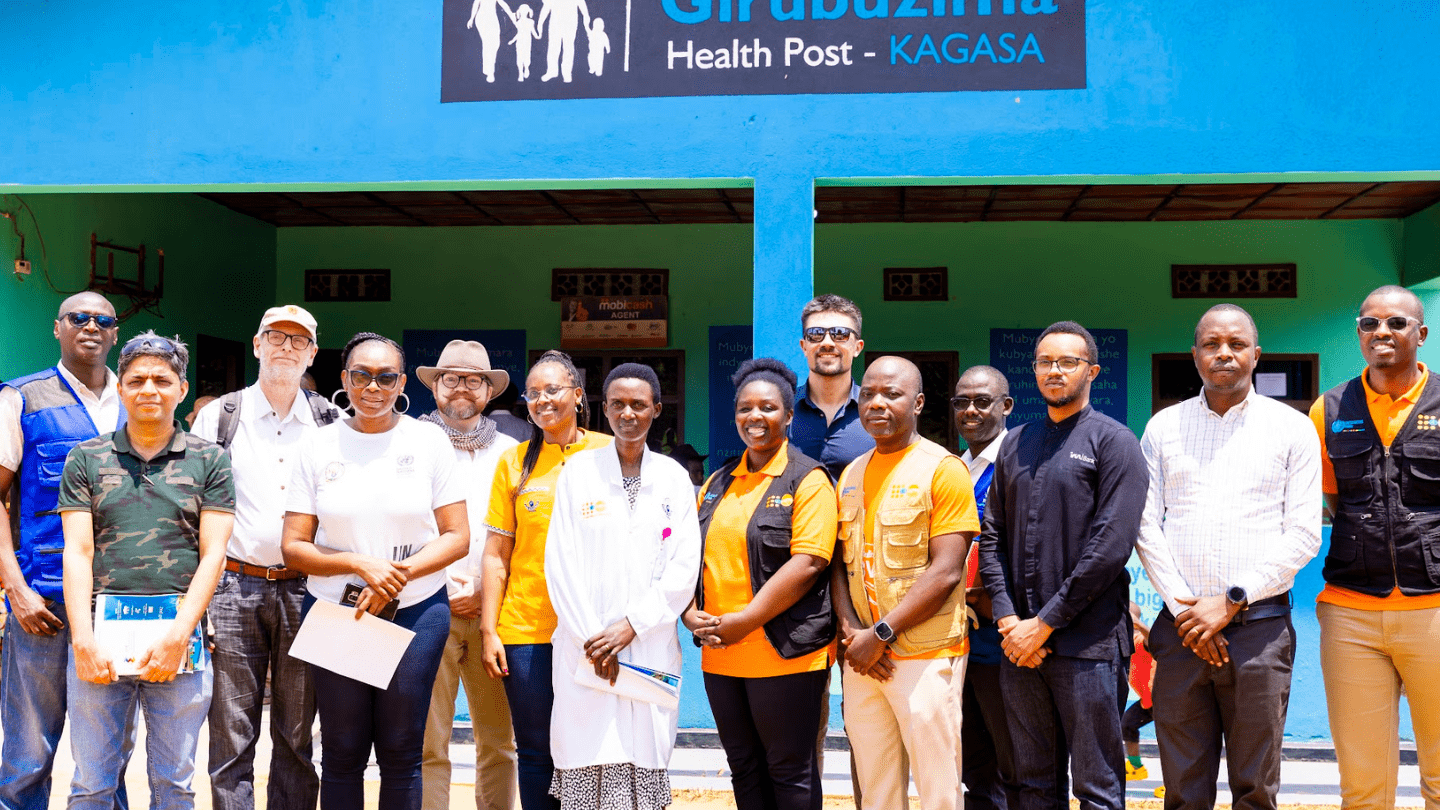Unlocking innovative health financing: Nurse-Entrepreneurs Transforming Rural Healthcare in Rwanda
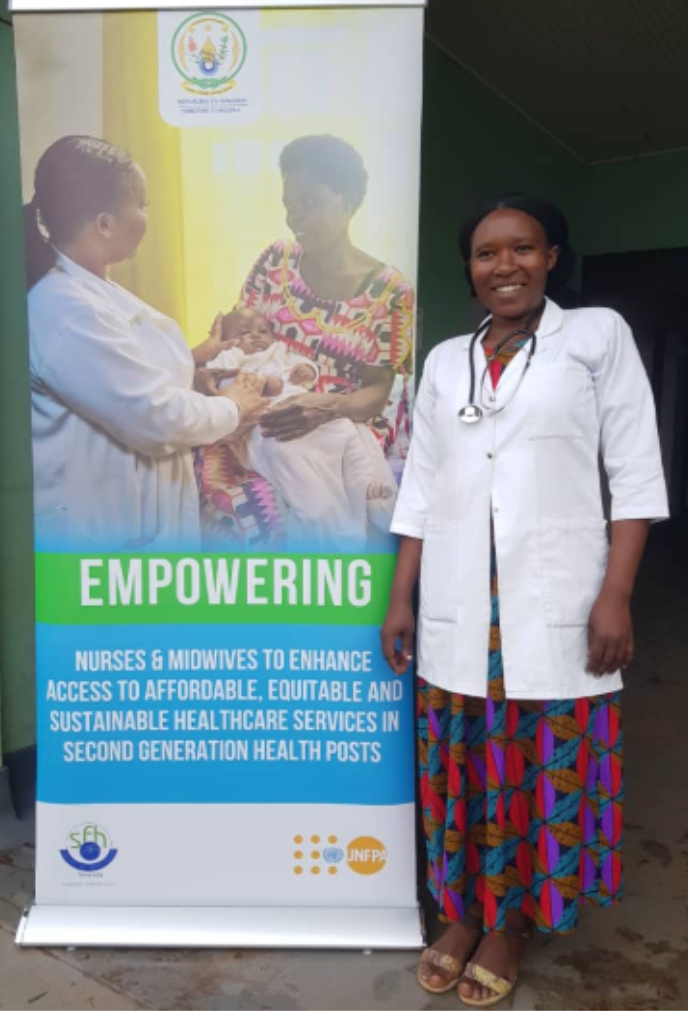
Ruth Mukanyandwi will never forget the first time she heard a patient recount the harrowing journey she took to reach a health center.
“Traveling over two hours to the hospital, sometimes at night, enduring long waiting times due to overcrowding, but all the while praying for a safe delivery.”
This experience is shared by hundreds of women in rural and hard to reach areas in Rwanda, where medical facilities are spread out, making it difficult for many to access quality healthcare services.
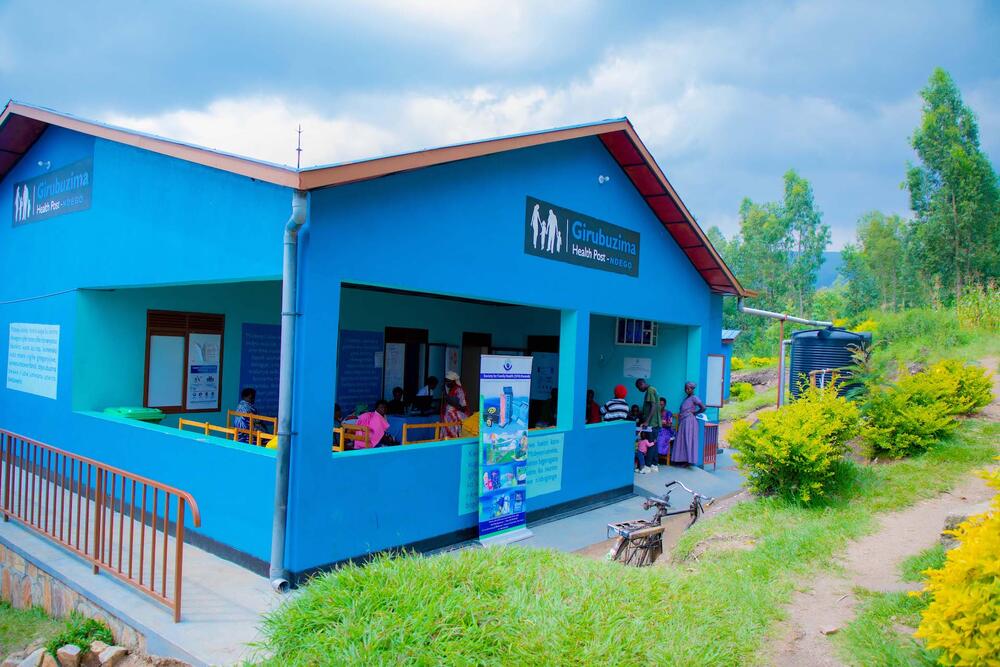
To address this disparity, Health Posts (HPs) were introduced to bring essential healthcare closer to remote communities. Beyond providing essential healthcare in remote locations, they have also created job opportunities throughout the country. With Rwanda’s vision for improved healthcare access aligning with the global goal of Universal Health Coverage (UHC), these health posts play a vital role in ensuring geographical accessibility. However, many HPs face challenges related to financial management, access to medicines, and operational sustainability.
Overcoming Financial Challenges
“I almost closed the health post,”
Recalls Ruth, a midwife-entrepreneur in Kirehe District who was driven by the need to provide healthcare services in underserved communities. Despite her passion, financial challenges soon piled up. Delays in paying staff salaries led to resignations and without working capital, her dream was at risk of collapsing.
One of the key challenges for health posts is securing adequate funding for purchasing medicine, medical equipment, and covering operational costs. Many health posts struggle with cash flow gaps due to delays in insurance claims reimbursements for services rendered.
“During a difficult period, I received support from this project and I used it for staff salaries, pharmaceutical products, and medical equipment, saving the health post from closure,” Ruth recalls.
Funded by UNFPA’s Strategic Investment Facility, the Innovative Health Sector Investment Model strengthens health posts to advance Universal Health Coverage (UHC) in Rwanda. Led by UNFPA in partnership with the Ministry of Health and other UN agencies, and implemented by the Society for Family Health (SFH), the initiative improves healthcare access—especially for the 72.1% of the population in rural areas—while ensuring the financial sustainability of health posts and better health outcomes for women, children, adolescents, and youth. The initiative supports midwife and nurse-entrepreneurs and ensures uninterrupted service delivery to the communities they serve.
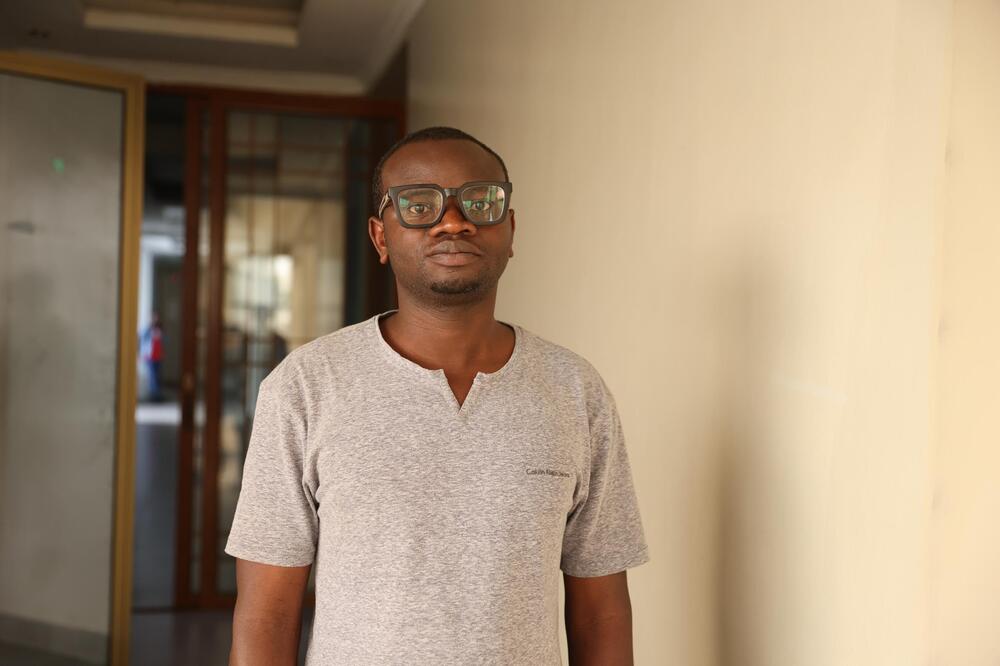
Daniel Habimana, a nurse at Ireme Health Post in Kamonyi, highlighted the impact of financial support: “Access to low-interest loans has opened new possibilities—allowing us to stock medicine, upgrade equipment, and improve our facilities.”
Ensuring Sustainable Quality of Care
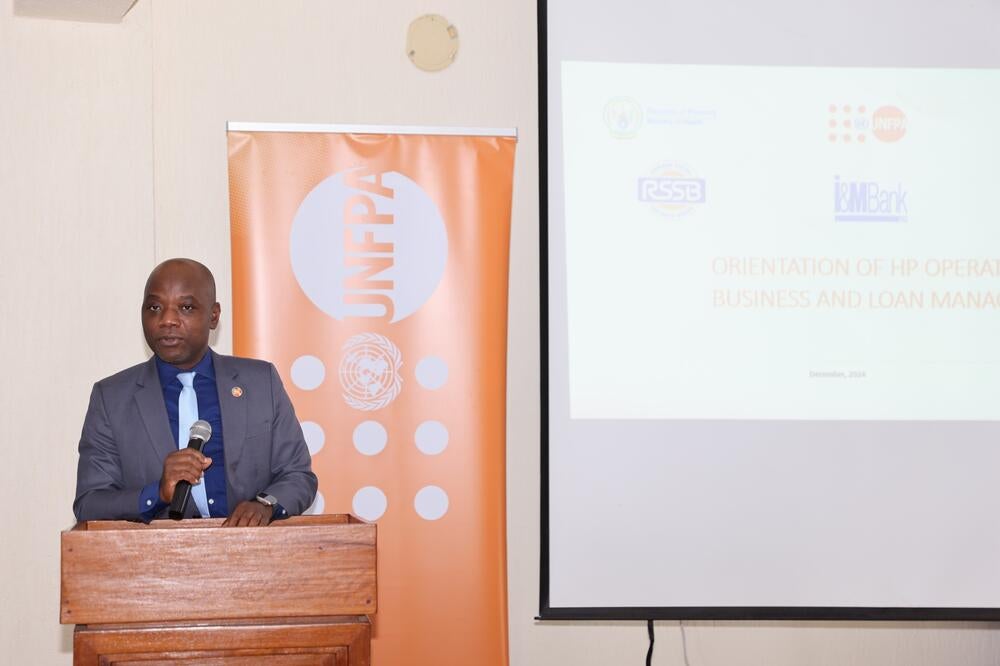
“With its comprehensive approach, the SIF project continues to drive long-term improvements in Rwanda’s healthcare system, proving that strengthening healthcare access goes hand in hand with economic empowerment and sustainability.”
Dr Olugbemiga Adelakin, UNFPA Country Representative
Financial support is vital, but long-term sustainability requires equipping health post operators with business and financial management skills. To address this, UNFPA has trained over 350 health post operators in Rwanda’s Eastern and Southern Provinces on financial literacy, business management, and tailored financial solutions.
Stakeholders, including I&M Bank and the Ministry of Health, introduced operators to loan products such as invoice discounting loans backed by UNFPA under the United Nations Capital Development Fund (UNCDF)’s guarantee facility framework.The training also covered business forecasting, financial planning, and quality service delivery—key to building patient trust and ensuring sustainable revenue.
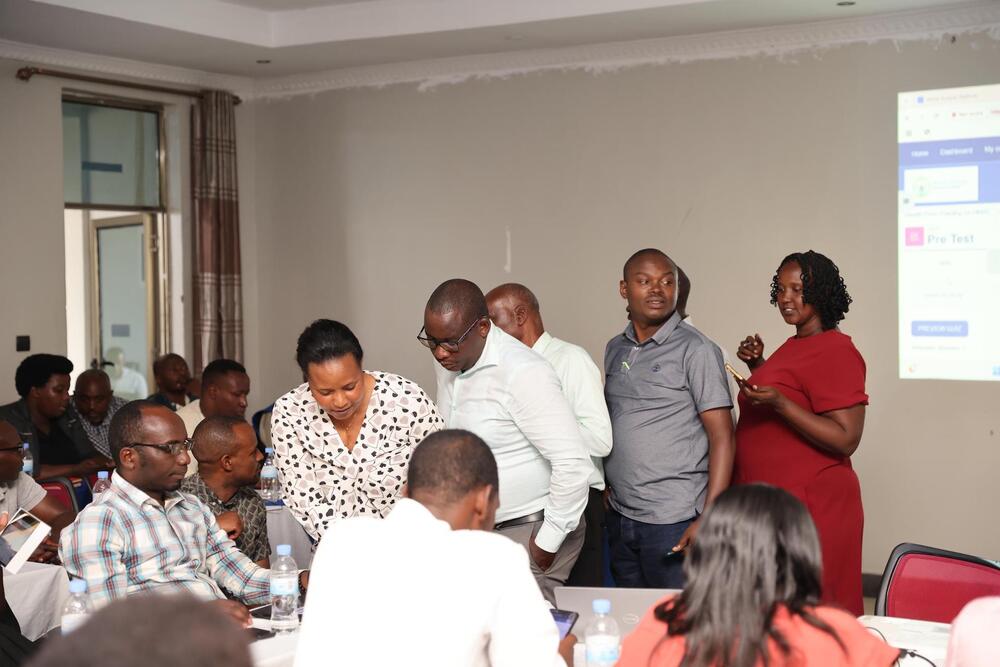
Many operators received hands-on guidance in financial record-keeping, budgeting, and using the Health Management Information System (HMIS), a critical tool for tracking health services and financial transactions.
Mukangenzi Beatrice from Health Post Gatagara highlighted the need for further training, stating,
“The workshop was helpful, but too short. More training is needed, especially on data reporting.”
To strengthen Rwanda’s health post system, UNFPA collaborates with key actors, including the Rwanda Social Security Board (RSSB), to support nurse/midwife-entrepreneurs and improve the financial sustainability of their HPs. RSSB provides operators with guidance on securing contracts, renewing agreements, and navigating the Kwivuza claims management system. With a good understanding of RSSB’s claims management processes, the rejections are reduced and reimbursements are made faster, improving the liquidity challenges currently faced by HPs. UNFPA plans to engage Rwanda Medical Supply (RMS) to address procurement challenges for medicines and medical supplies.
Expanding Healthcare Access and Job Creation
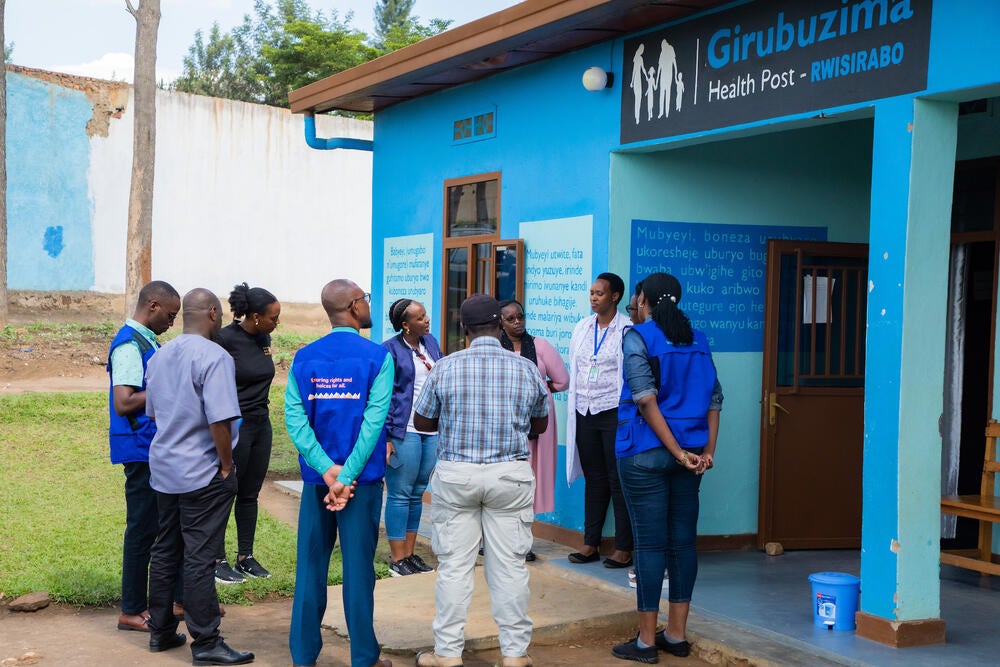
The SIF project has significantly improved healthcare access, by supporting 51 health posts that are currently operational—surpassing the initial target of 50 HPs that were set to be functional under the support of SIF by 2025. In 2024 alone, these facilities treated over 99,000 under five children, facilitated 2,233 safe deliveries, vaccinated more than 12,000 children, and provided modern contraceptives to over 19,000 new users.
Beyond expanding primary healthcare access across 14 districts, the project has contributed to job creation in alignment with Rwanda’s National Strategy for Transformation. A total of 491 jobs have been created, against a target of 300 jobs by 2025, including positions for nurses, midwives, laboratory technicians, and support staff, with women comprising approximately 60% of the workforce, reinforcing the project’s commitment to gender equality in healthcare employment.
The dedication to improving service delivery is reflected in the training of 75 healthcare providers in Reproductive, Maternal, Newborn, Child, and Adolescent Health (RMNCAH), including specialized training in Integrated Management of Childhood Illnesses and Basic Emergency Obstetric and Newborn Care (BEmONC).
Ensuring Financial Stability and Future Prospects
Beyond healthcare delivery, the project’s impact is evident in community engagement, with Community-Based Health Insurance (CBHI) utilization that has reached 90% nationwide—a milestone achieved ahead of the schedule.
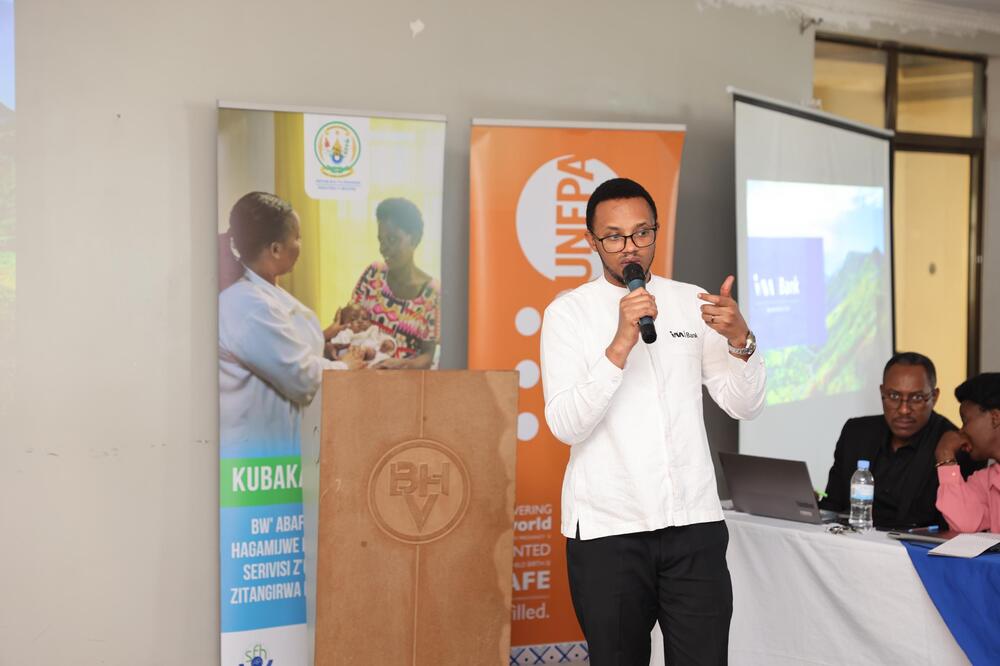
To further ensure financial stability, UNFPA, I&M Bank, and UNCDF introduced concessional loans with a 80% credit guarantee, and a reduced interest of 15%, which is at the lower end compared to the market rate of between 19 to 21% for the health sector. Additionally, the integration of Military Medical Insurance (MMI) into 20 health posts has improved accessibility while generating additional and sustainable revenue for the facilities.
The project has also catalyzed over $8 million in funding, with $1.7 million catalyzed in 2024 alone, ensuring financial sustainability for health posts. With an investment of ~$1.6 million to date, this represents a five fold return of investment. By the end of 2024, 65% of supported health posts had reached self-sufficiency, demonstrating the success of Rwanda’s Public, Private, and Community Partnership (PPCP) model.
Between 2022 and 2024, health posts generated $822,925 in revenue, nearly half of it in 2024 alone—proving that investing in primary healthcare is both impactful and sustainable.

